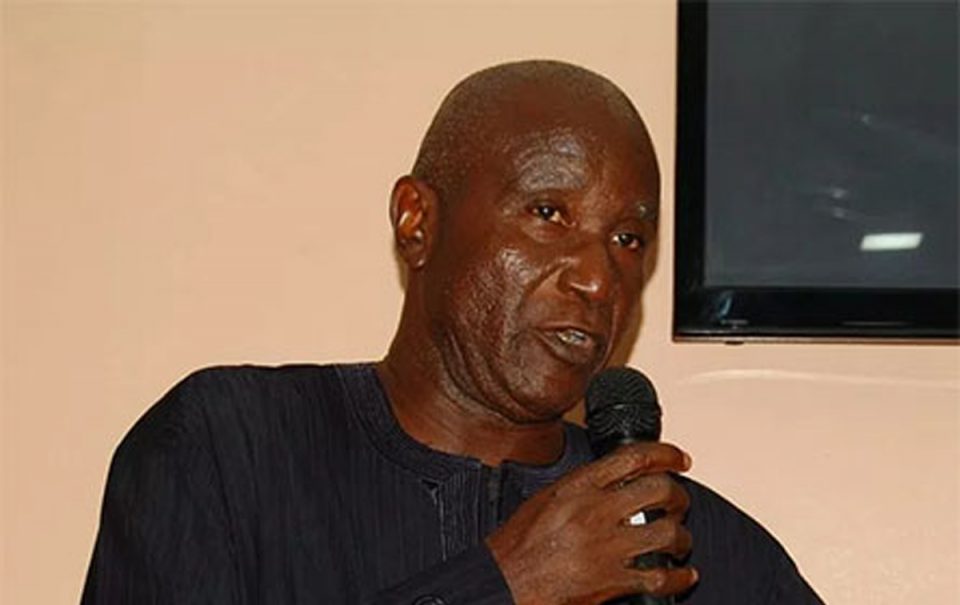Former military Commandant at the Murtala Muhammed International Airport, Lagos, Group Capt John Ojikutu, in this interview with Prince Okafor, identifies poor business strategy as the greatest factor undermining performance and growth of Nigeria’s airline industry.
Excerpts
Most airlines might shut down following the hike in Jet A1, how would you react to this?
Any airline in Nigeria that is currently complaining about aviation fuel, lacks good business plan before entering the industry. The challenges of aviation fuel started over 20 years ago. We have been importing petroleum products right from President Olusegun Obasanjo’s administration.
When going into an industry where you will be buying imported fuel for your routine operations, you must be prepared for days like this. The airlines have enjoyed what I call government intervention funds for too long.
Subsidy started from the airlines, and they all enjoyed it. So now the government is broke, everybody is broke, why are they complaining.
In 1990 I was the Military Airport Commandant, I was in that airport, flight tickets were selling for N4000 and we were refining petroleum products then.
As of then, N4000 is equivalent to $100 dollar. Naira was exchanged for N40 to $1. Also, a trip like from Lagos to Abuja was $100, so there is nothing happening in this country that has not happened before.
I attended a eeting then with some stakeholders where they said airlines should factor their ticket fare on the dollar rate. That was why they were selling tickets at $100.
Why will they be selling tickets in Nigeria at $100 in 1989/1990 when we were refining petroleum products in-country. I told them it was not right, it’s just like you are stealing money from somewhere or taking money from somewhere. So the problem didn’t start today.
Arik air collected over N300 billion from the bank including the one government gave them, Aero, others also did. But they cannot pay back to the bank, they cannot pay back government money that was why AMCON took over their asset.
I recalled saying that time that Arik in particular cannot pay back that debt even in the next 30 years, they cannot pride of N10 billion net profit in a year.
How can these debts be managed?
The industry is collapsing because of debts and it is affecting the foreign airline. Foreign airlines cannot take their money back to their country and if foreign airlines stop operations herw, it will resul to catastrophe. We acquire 80 per cent minimum of our earnings of commercial aviation from foreign airlines.
If they cannot repatriate their money back to their country then there will be problem. I just got a message from the House of Assembly, asking the Central Bank of Nigeria, CBN, to return their money so they can change themselves in the parallel market. There is more dollar there today than in the CBN.
If they have to change it, then you will have to pay for it and that is why the air ticket has gone up. There is no magic about what is happening now.
What is your take about Aero contractor suspending scheduled flight operations?
The story of Aero started a long time ago when the technical partners left them in 2009/2010. I remembered that two years after, I was at the National Assembly along with them and their foreign technical partners which were British.
The Hebrew people wanted to take over the business by themselves so the British technical partners left. I recall I told them that this airline cannot last two years if these people go. It was around the period they left that they went to collect the intervention funds along with Arik, and two other airlines.



